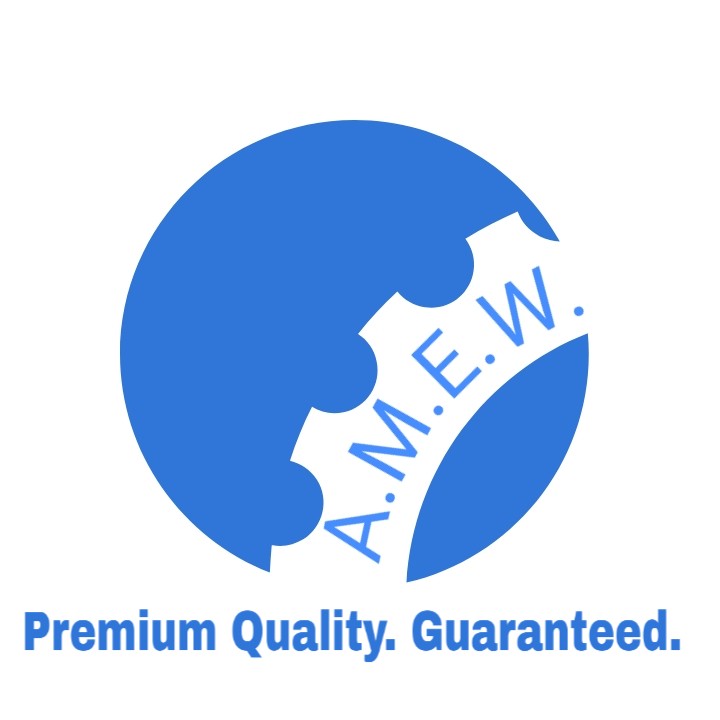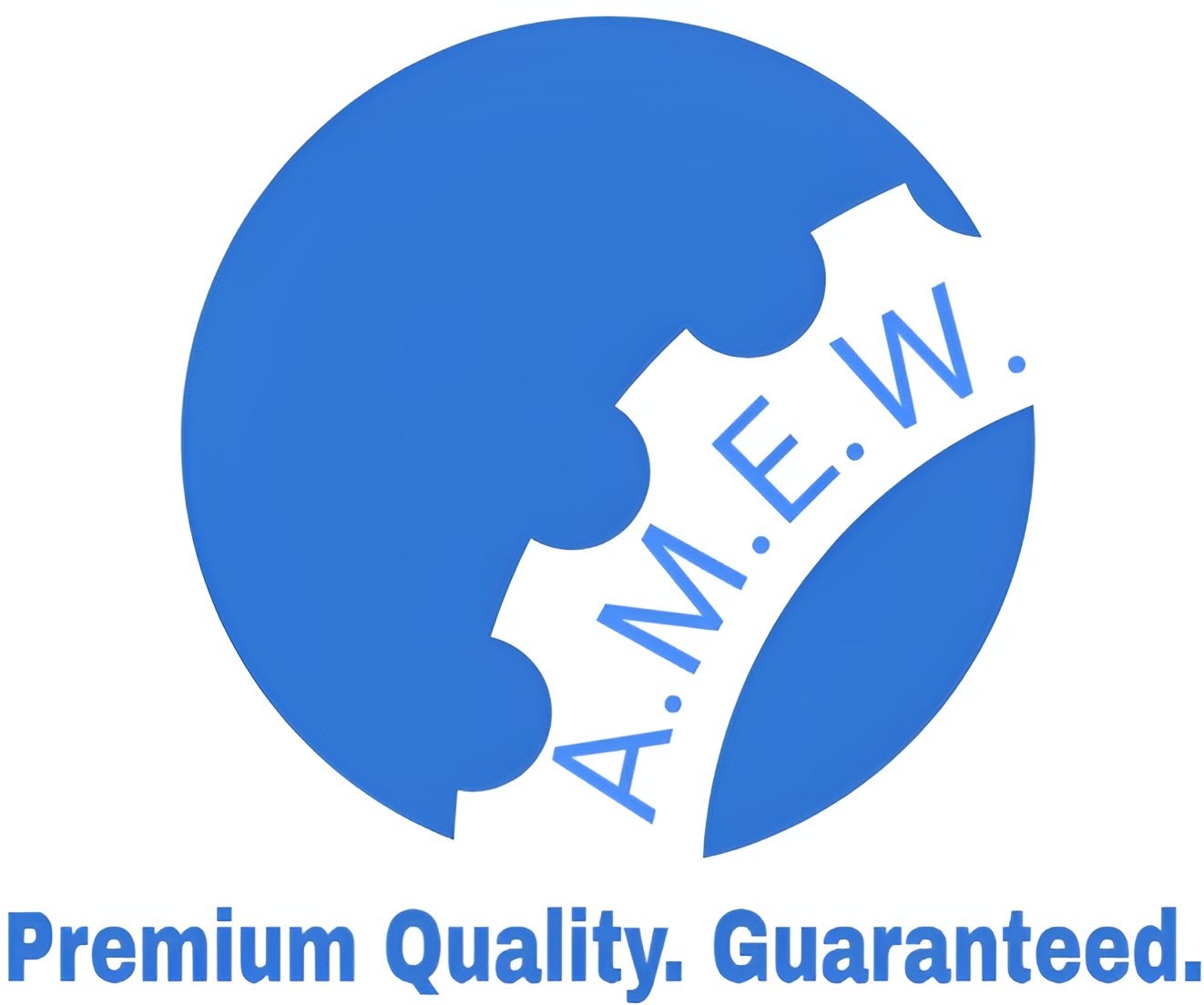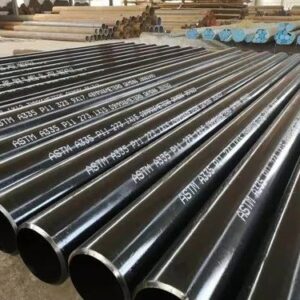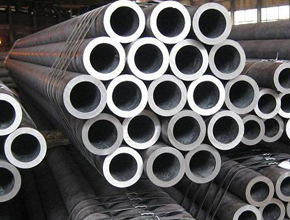Description
IBR Approved ASTM A335 P5B/ SA 335 P5C ERW and Welded Pipe Manufacturer in India
ASTM A335 P5 Seamless Pipe is an alloy steel pipe used widely in industries like refineries, power plants, and petrochemical plants due to its excellent strength, durability, and resistance to high-temperature and high-pressure environments. This pipe is part of the P-grade series and is primarily composed of chromium and molybdenum, which enhance its corrosion resistance and mechanical properties. The chromium content in the A335 P5 Chrome Pipe typically ranges from 4-6%, while other alloying elements include silicon, manganese, and phosphorus, which contribute to its overall toughness and high-temperature resistance.
Table of Contents:
- Overview of ASTM A335 P5 Seamless Pipe
- ASTM A335 P5 Pipe Specifications
- Key Features and Benefits
- Different ASTM A335 P5 Pipe Types
- Applications of A335 P5 Pipes
- Sizes and Dimensions Available
- Chemical Composition of A335 P5 Pipes
- Mechanical Properties of ASTM A335 P5 Pipes
- ASTM A335 Grade P5 Pipe Weight Chart
- IBR Certification and Testing
- Why Choose ASTM A335 P5 Pipes for High-Temperature Service?
1. Overview of ASTM A335 P5 Seamless Pipe
ASTM A335 P5 is a high-temperature seamless pipe, often found in industries like oil refineries, water treatment facilities, and thermal power plants. It is part of the ferritic alloy steel pipe series and is known for its excellent performance under high temperatures and pressures, making it suitable for critical applications like boiler and heat exchanger components. The ASME SA 335 Grade P5 Alloy Steel Pipes are either annealed (fully or isothermal) or come in normalized and tempered conditions, ensuring superior mechanical strength and flexibility for forming processes.
2. ASTM A335 P5 Pipe Specifications
| Specification | Details |
|---|---|
| Standard | ASTM A335 P5, ASME SA335 P5 |
| Size Range | 1/2” NB to 36” NB |
| Schedules Available | SCH 40, SCH 80, SCH 160, SCH XS, SCH XXS |
| Wall Thickness Range | 2mm to 100mm |
| Manufacturing Process | Seamless / ERW / Welded / Fabricated |
| Craft | Cold rolled, Cold drawn |
| Pipe End Options | Plain End, Beveled End, Threaded |
| Length | Standard, Double, Cut lengths |
| Form | Round, Square, Rectangular, Hydraulic |
| Additional Testing | NACE MR 0175, HIC TEST, SSC TEST, etc. |
| Certification | IBR (Indian Boiler Regulation) |
3. Key Features and Benefits
- High-Temperature Resistance: Able to withstand extreme heat, making it ideal for applications such as boilers, heat exchangers, and refineries.
- Corrosion Resistance: The addition of chromium and molybdenum provides excellent resistance to oxidation and corrosion.
- Strength and Durability: The combination of elements like nickel and manganese enhances the hardness and tensile strength of the pipes, making them suitable for high-pressure environments.
- Low Roughness: The seamless pipe has a smooth interior surface, offering precise dimensions that are crucial for sensitive applications requiring accurate calculations.
- Customizable: Available in a variety of schedules, sizes, and wall thicknesses to meet the demands of diverse industrial applications.
4. Different ASTM A335 P5 Pipe Types
- Seamless Pipes: Manufactured without a weld, ensuring high structural integrity.
- ERW (Electric Resistance Welded) Pipes: These pipes are welded and used for lower-pressure applications.
- Welded Pipes: Suitable for applications where high pressure isn’t a requirement.
Each type of pipe is chosen based on the specific needs of the application, whether it’s for high pressure or requiring corrosion resistance.
5. Applications of A335 P5 Pipes
ASTM A335 P5 Alloy Steel Pipes are widely used across various industries:
- Oil Refineries: P5 pipes are the preferred material for refineries due to their high-temperature and corrosion resistance.
- Power Generation: Used in boilers, steam lines, and heat exchangers in thermal power stations.
- Chemical and Petrochemical Plants: Utilized for processing chemicals and hydrocarbons.
- Water Treatment Facilities: Appropriate for transporting hot water and steam.
6. Sizes and Dimensions Available
ASTM A335 P5 Pipes come in a wide range of sizes and wall thicknesses:
| Pipe Size Range | Wall Thickness Range |
|---|---|
| 1/2″ NB to 36″ NB | 2mm to 100mm |
Schedules Available: SCH 40, SCH 80, SCH 160, SCH XS, SCH XXS
7. Chemical Composition of A335 P5 Pipes
| Element | Content (%) |
|---|---|
| Carbon (C) | 0.05 – 0.15 |
| Manganese (Mn) | 0.30 – 0.60 |
| Silicon (Si) | 0.50 max |
| Phosphorus (P) | 0.025 max |
| Sulfur (S) | 0.025 max |
| Chromium (Cr) | 4.0 – 6.0 |
| Molybdenum (Mo) | 0.45 – 0.65 |
8. Mechanical Properties of ASTM A335 P5 Pipes
| Mechanical Property | Value |
|---|---|
| Tensile Strength | Minimum 415 MPa |
| Yield Strength | Minimum 205 MPa |
| Elongation | Minimum 30% |
| Hardness (Brinell, HB) | Max 163 HB |
9. ASTM A335 Grade P5 Pipe Weight Chart
The weight of ASTM A335 P5 Pipes varies depending on the diameter, wall thickness, and length. Accurate weight calculations are crucial in determining the total load in applications.
10. IBR Certification and Testing
IBR (Indian Boiler Regulation) certification is required for pipes used in high-pressure boiler applications. This ensures that the ASTM A335 P5 Pipes meet stringent quality and safety standards for high-temperature applications.
Testing includes:
- Hydrostatic Testing: Ensures the pipe can withstand pressure without leaks.
- Non-Destructive Testing (NDT): Ultrasonic or Eddy Current testing detects any internal defects.
- Mechanical Testing: Verifies properties such as tensile strength, hardness, and elongation.
- Chemical Analysis: Ensures the correct composition of elements like chromium, molybdenum, and manganese.
11. Why Choose ASTM A335 P5 Pipes for High-Temperature Service?
ASTM A335 P5 Pipes are the industry standard for high-temperature and high-pressure services due to their:
- Superior Strength and Hardness: Ideal for extreme environments where the material is subjected to intense heat and pressure.
- Corrosion Resistance: Chromium and molybdenum enhance resistance to oxidation and scaling.
- Versatility: Available in various forms, sizes, and thicknesses, making them adaptable to a wide range of applications.
- Proven Reliability: Widely used in critical industries such as oil refineries and power plants.






